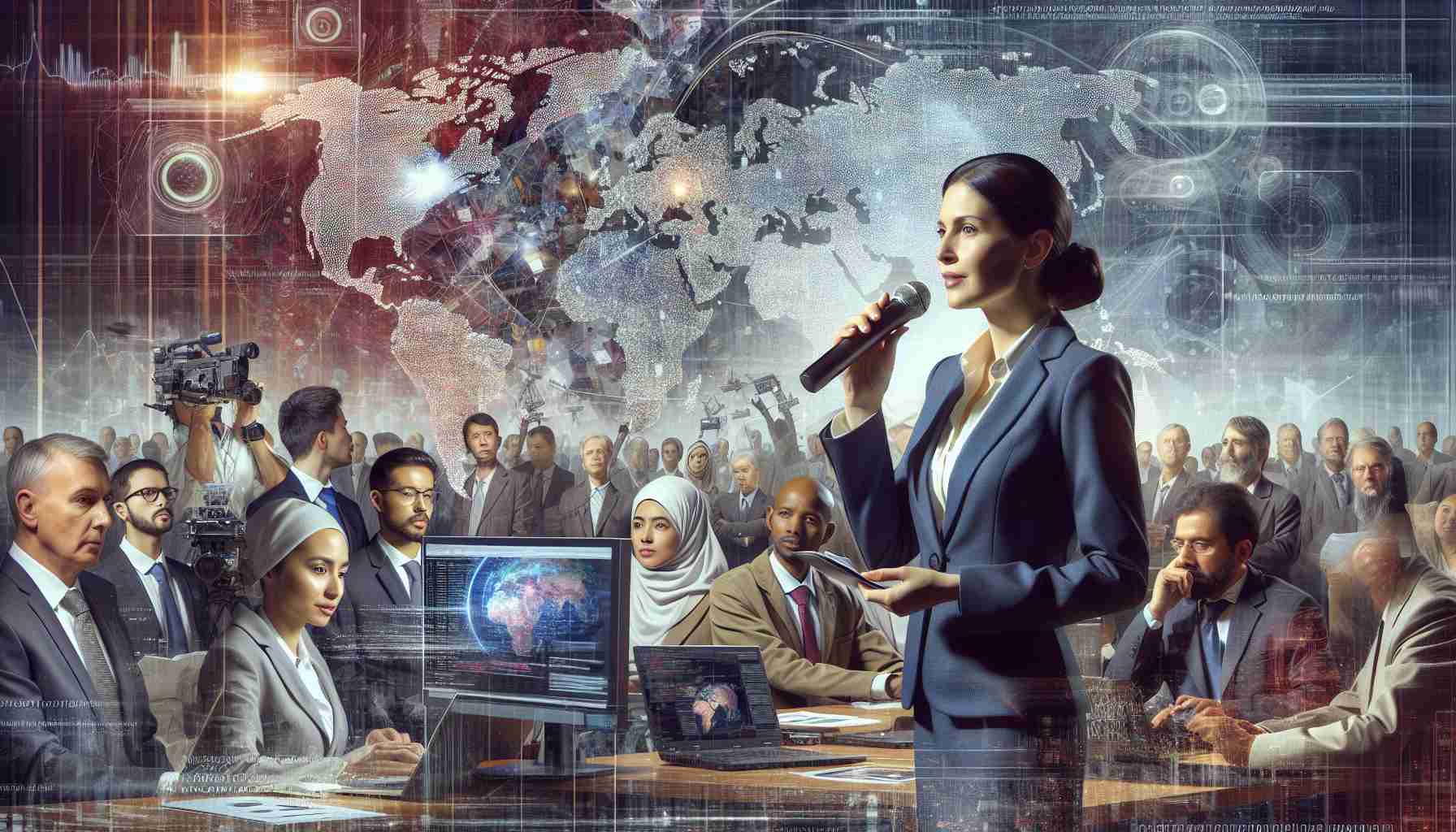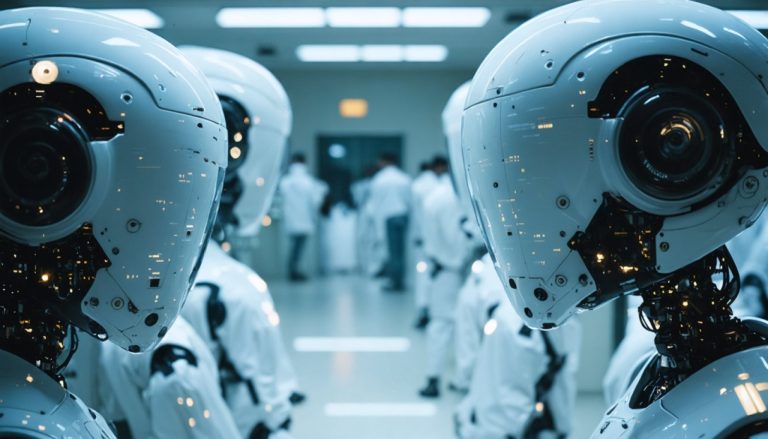
Today, we examine the fascinating yet tumultuous relationship between technology and politics, highlighted by recent events. In Congress, notable movements are being made regarding billionaire Elon Musk’s ventures, including Starlink. The House Oversight Committee has launched an investigation into the Federal Communications Commission’s 2022 refusal to grant a significant bid to Musk’s Starlink for providing broadband to underserved rural regions. This inquiry seems to be influenced by Musk’s vocal criticism of the government’s decision on social media, where he argued that the denial had dire consequences for certain communities.
In another significant matter, a federal judge intervened in California’s attempt to regulate election-related deepfakes. The move comes after a challenge was made based on First Amendment rights. The halt has sparked debates on balancing free speech with the need to maintain the integrity of electoral processes.
Meanwhile, a coalition of thirteen states is taking legal action against TikTok, accusing the platform of creating adverse effects on youth through its engaging yet addictive features. The social media giant countered these claims stating that they are both misleading and inaccurate.
Amid these developments, rising antisemitic narratives surrounding Hurricane Helene highlight the dark side of social media’s rapid information spread. Prominent figures have faced hateful attacks fueled by conspiracy theories, calling into question how technology can amplify harmful ideologies.
As these events unfold, the intersection of technology and politics remains a critical area of scrutiny.
The Intersection of Technology and Politics: Navigating Modern Challenges
As the world grapples with rapid technological advancements, the interplay between technology and politics has become increasingly intricate and impactful. In this exploration, we will delve into new aspects of this relationship, addressing key questions, challenges, controversies, and the advantages and disadvantages that arise within this complex dynamic.
What are the main questions emerging from the interplay between technology and politics?
1. How does technology influence political campaigning?
The rise of big data analytics, AI, and social media has transformed how political candidates communicate with and influence voters. Campaigns can now target specific demographics with precision and effectiveness, raising concerns about data privacy and voter manipulation.
2. What role does misinformation play in shaping public opinion?
The spread of misinformation through social media networks poses a significant challenge to democratic processes. It complicates the electorate’s ability to make informed decisions and can sway public opinion on critical issues.
3. How can governments effectively regulate technology without stifling innovation?
Striking a balance between fostering technological innovation and implementing necessary regulations remains a contentious issue. Policymakers are faced with the challenge of addressing the risks technology poses without hindering its growth and potential benefits.
What are the key challenges and controversies?
– Data Privacy and Surveillance:
With increasing reliance on technology, concerns about data privacy and governmental surveillance have escalated. Citizens are worried about how their personal data is collected, used, and protected, raising ethical questions about consent and transparency.
– Algorithmic Bias:
The use of algorithms in decision-making processes, such as law enforcement and job recruitment, has revealed biases that disproportionately affect marginalized communities. This raises significant ethical concerns and challenges in ensuring fairness and equality in technological applications.
– Tech Monopolies and Economic Power:
The dominance of major tech corporations raises questions about market competition and economic inequality. These entities exert substantial influence over political processes, which can lead to regulatory capture and undermine democratic governance.
What are the advantages and disadvantages of the tech-political relationship?
Advantages:
1. Enhanced Communication:
Technology facilitates direct interaction between politicians and constituents, allowing for increased engagement and accountability.
2. Efficient Governance:
Innovations in technology can streamline government operations, improving service delivery and efficiency.
3. Empowerment of Grassroots Movements:
Digital platforms enable citizens to mobilize quickly for social causes, amplifying voices that may otherwise be marginalized.
Disadvantages:
1. Polarization of Public Discourse:
Echo chambers and information silos can deepen societal divisions, making it challenging to foster constructive dialogue.
2. Exploitation of Data:
The misuse of personal information for political gain can undermine electoral integrity and public trust in institutions.
3. Erosion of Privacy:
Constant surveillance and data tracking raise alarms about citizens’ rights to privacy and autonomy.
Moving Forward: The Need for Strategic Collaboration
To navigate this complex intersection, strategic collaboration between technologists, policymakers, and civil society is essential. Implementing comprehensive policies that emphasize ethical technology use, protecting public interests while fostering innovation, and promoting digital literacy among citizens can help address these challenges.
In summary, the intertwining paths of technology and politics present both profound opportunities and significant risks. As society continues to evolve in this digital age, understanding and addressing these dynamics will be crucial for the future of democratic governance and social cohesion.
For further insights into the evolving relationship between technology and politics, visit MIT Technology Review, a leading source exploring the intersection of technology, society, and governance.



